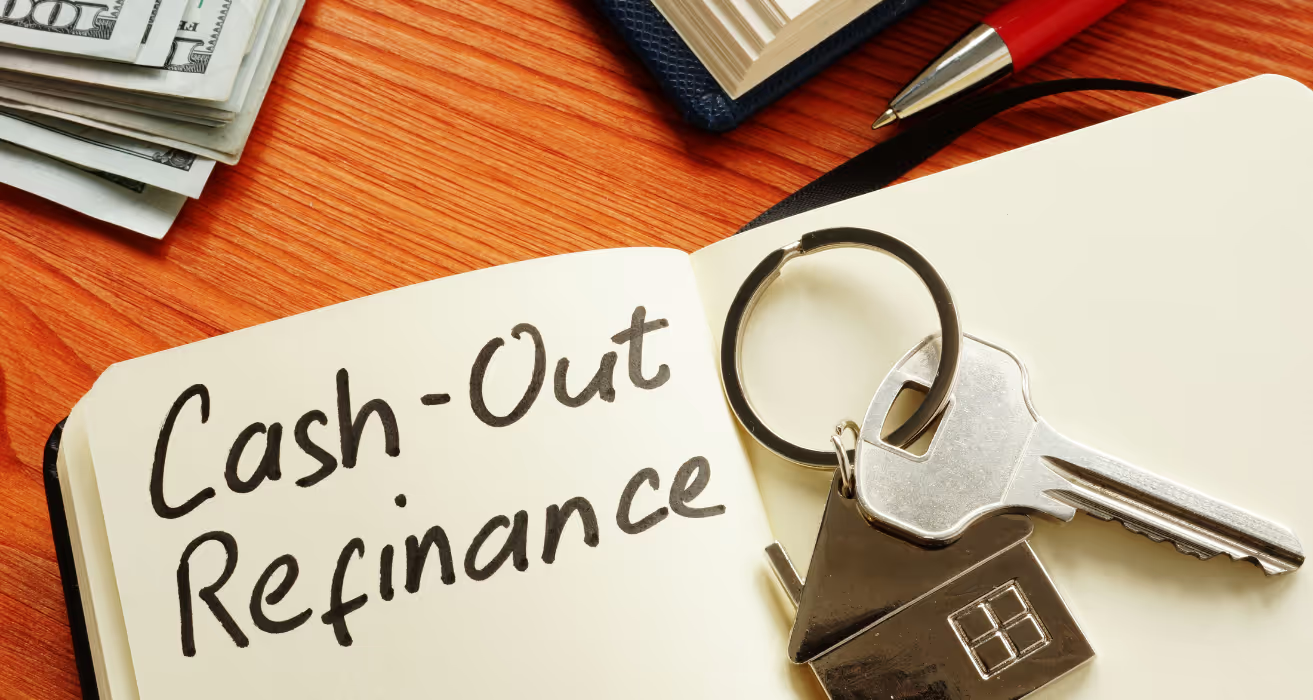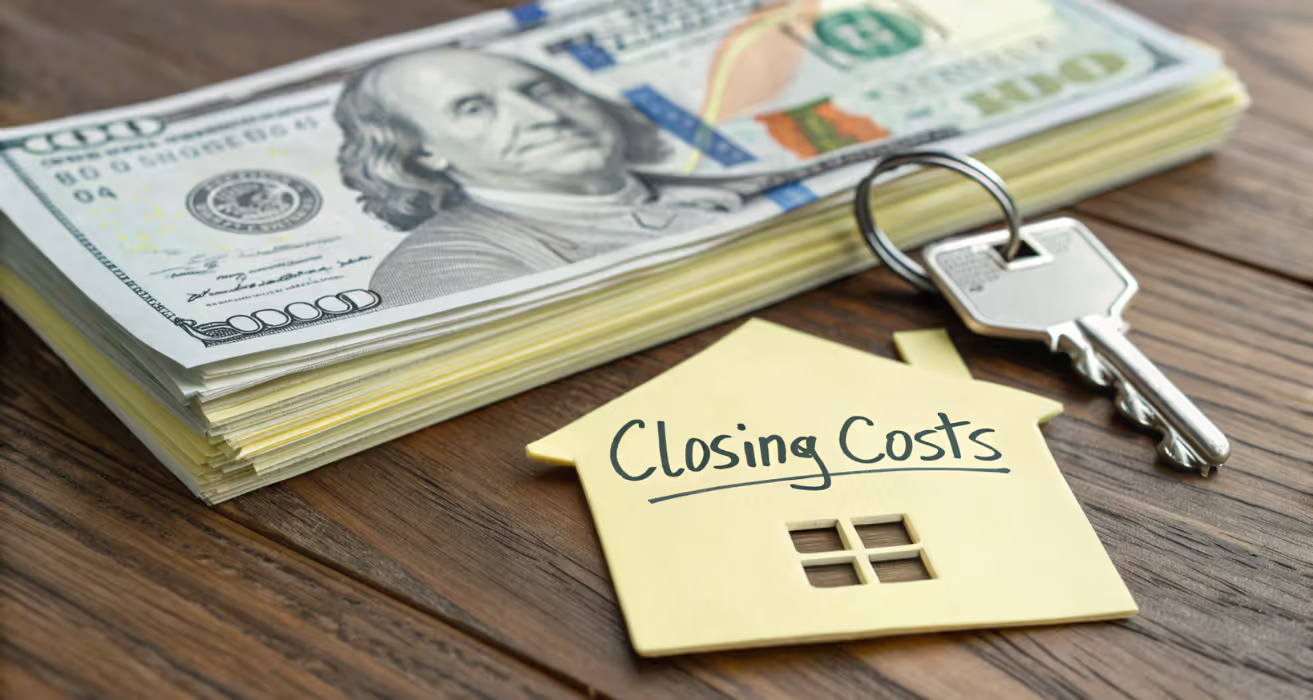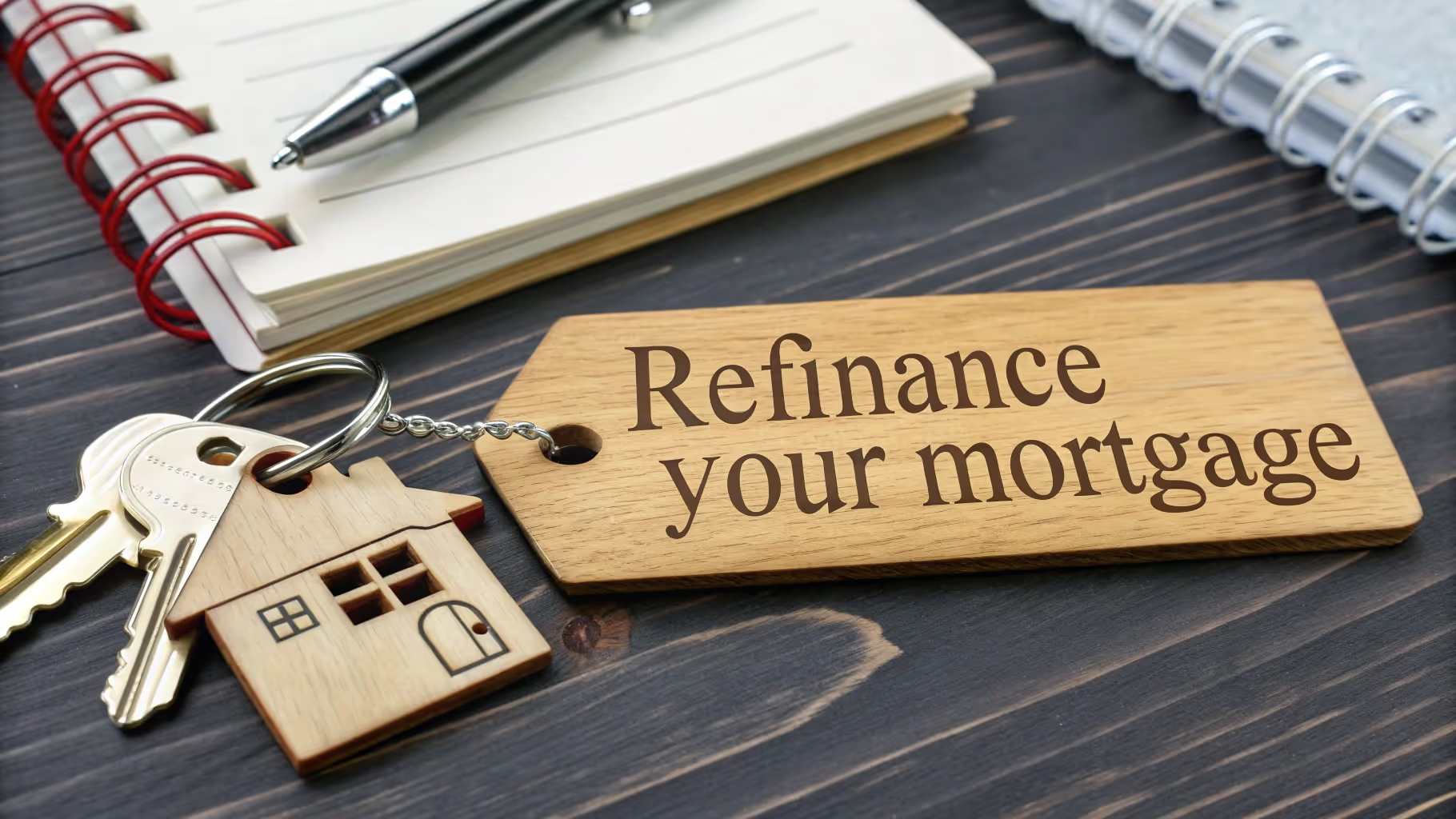How Much Does It Cost To Refinance A Mortgage?

Let’s be honest, mortgage refinancing sounds like a savvy move, especially when rates dip. But many borrowers don’t realize the real costs involved until they're deep into paperwork.
You’re not alone if you're asking, "Is refinancing even worth it after fees?" Whether you’re refinancing to lower your monthly payment, tap into equity, or change loan terms, understanding refinance costs is non-negotiable.
In this guide, we’ll break it all down, no confusing jargon, no hidden surprises. Refinancing can cost thousands, but smart borrowers can save even more with the right strategy.
Key Takeaways:
- Refinancing isn’t free, expect fees ranging from 2% to 6% of your loan amount.
- Closing costs include appraisal, title, origination, and potential discount points.
- Some costs can be rolled into the loan; others must be paid upfront.
- No-cost refinance options often mean higher interest rates.
- Always compare lenders and understand long-term implications.
What Are Typical Mortgage Refinance Costs?
Refinancing your mortgage typically costs between 2% and 6% of the loan amount. Here’s a breakdown of what that includes:
1. Loan Origination Fee
- Ranges from 0.5% to 1% of the loan amount.
- Charged by the lender for processing your new mortgage.
2. Appraisal Fee
- Average cost: $300–$700.
- Required to determine your home’s current market value.
3. Title Search and Insurance
- Usually $400–$900.
- Confirms legal ownership and protects against claims.
4. Credit Report Fee
- Around $30–$50.
- Used to check your creditworthiness.
5. Recording Fee
- Depends on the county, often $25–$250.
6. Discount Points (Optional)
- Pay upfront to “buy down” your interest rate.
- 1 point = 1% of your loan amount.
7. Prepaid Costs
- Escrow for taxes, insurance, interest—often unavoidable.
8. Attorney Fees (if applicable by state)
- Varies: $500–$1,000+.
Are No-Cost Refinances Free?
Heads up: “No-cost” doesn’t mean zero cost. Instead of charging fees upfront, lenders may:
- Roll fees into the loan balance, or
- Charge a slightly higher interest rate.
Pro Tip: Always ask for a Loan Estimate (LE) to compare true costs across lenders. Even a 0.25% rate difference can cost (or save) thousands.
Is Refinancing Worth It After Fees?
That depends on your financial goals. Refinancing could be worth it if:
- You lower your rate by 0.5% or more.
- You plan to stay in your home beyond the breakeven point.
- You switch from an ARM to a fixed-rate loan for stability.
- You want to tap into home equity without a cash-out refinance.
Use a refinance calculator to estimate your breakeven point, when savings outweigh costs.
Expert Insight: What Lenders Want You to Know?
"Many borrowers underestimate the impact of small fees. One overlooked line item can make or break your breakeven point."
Certified Mortgage Advisor, quoted from Reddit r/personalfinance
How to Reduce Refinance Costs?
- Shop Around: Compare at least 3 lenders.
- Negotiate Fees: Some fees are flexible.
- Ask About Lender Credits: Trade rate for lower upfront costs.
- Skip Discount Points: Unless staying long-term.
- Request Fee Waivers: Especially if refinancing with your current lender.
Conclusion: Empowering Your Next Step
Refinancing can be a smart financial move, but only if you go in with your eyes wide open. Understand the costs, run the numbers, and ask tough questions.
Want a smarter way to compare options? Platforms like realpha help you explore commission-free home buying, while Be My Neighbor connects you with licensed loan professionals who care about transparency, not just closing deals.
Together, they offer a better, more borrower-friendly mortgage experience. Just remember:
Be My Neighbor, NMLS #1743790, is a licensed mortgage broker. All loans are subject to credit approval. Rates and terms are subject to change without notice. This content is for educational purposes only and does not constitute a loan offer or financial advice.
FAQs
How much does it cost to refinance a $300,000 mortgage?
Expect to pay between $6,000 and $18,000 in total fees (2–6% of the loan amount).
Can refinance costs be rolled into the loan?
Yes, most lenders allow you to finance closing costs, which increases your loan balance.
How do I know if refinancing is worth it?
Calculate your breakeven point: divide total costs by monthly savings. If you’ll stay in the home longer, it’s usually worth it.
What’s the cheapest way to refinance?
Look for no-closing-cost options, but compare the total cost over time (interest rate + loan term).
Do I need an appraisal to refinance?
Most lenders require it, but some streamline or FHA refinances may waive it.
What’s a good rule of thumb for refinancing?
A rate drop of at least 0.5% often justifies the cost, but always run the math.
Want to start comparing refinance options today? Visit realpha or get personalized advice from Be My Neighbor.


.avif)
.avif)
.avif)
.avif)
.avif)
.avif)
.avif)
.avif)
.avif)
.avif)
.avif)
.avif)
.avif)
.avif)
.avif)
.avif)
.avif)
.avif)
.avif)
.avif)
.avif)
.avif)
.avif)

.avif)

.avif)
.avif)
.avif)
.avif)
.avif)
.avif)

.avif)

.avif)





.avif)
.avif)
.avif)
.avif)
.avif)
.avif)
.avif)
.avif)
.avif)
.avif)
.avif)
.avif)
.avif)
.avif)
.avif)
.avif)



